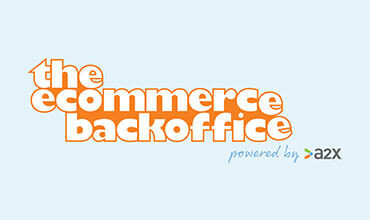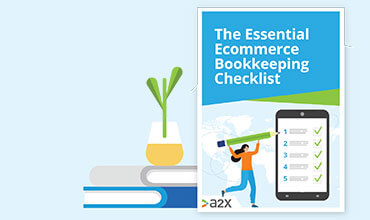The Ecommerce Insider
Browse our resources below to learn everything you need to know about ecommerce and accounting, and ecommerce accounting.

Latest Articles

A2X Newsletter (for Online Sellers) | The 5 ecommerce metrics your accountant should share
Most ecommerce sellers track ROAS, CAC, and conversion rates. But if you’re not tracking the right financial metrics, it’s easy to grow revenue while quietly losing profit. This is what your accountan...
26 min read
A2X Newsletter (for Online Sellers) | A2X Product Wrap-Up 2025
As you head into 2026, I wanted to share a quick roundup of A2X updates from 2025 that can make a real difference for ecommerce sellers – cleaner numbers, faster month-end, and fewer payout surprises....
8 min read
A2X Newsletter | Did you know you get access to these A2X Partner Program benefits?
Ever walk into a restaurant and notice the person at the next table eating something that looks incredible – but it’s not on the menu? That’s how we feel when we meet accountants and bookkeepers using...
4 min read
A2X Newsletter (for Online Sellers) | 13 expert tips for a more profitable 2026
The holiday rush is behind us. The returns are (mostly) processed. Now comes the part that separates “busy” from “profitable” – turning last year’s numbers into a plan you can trust. We asked our comm...
9 min read


